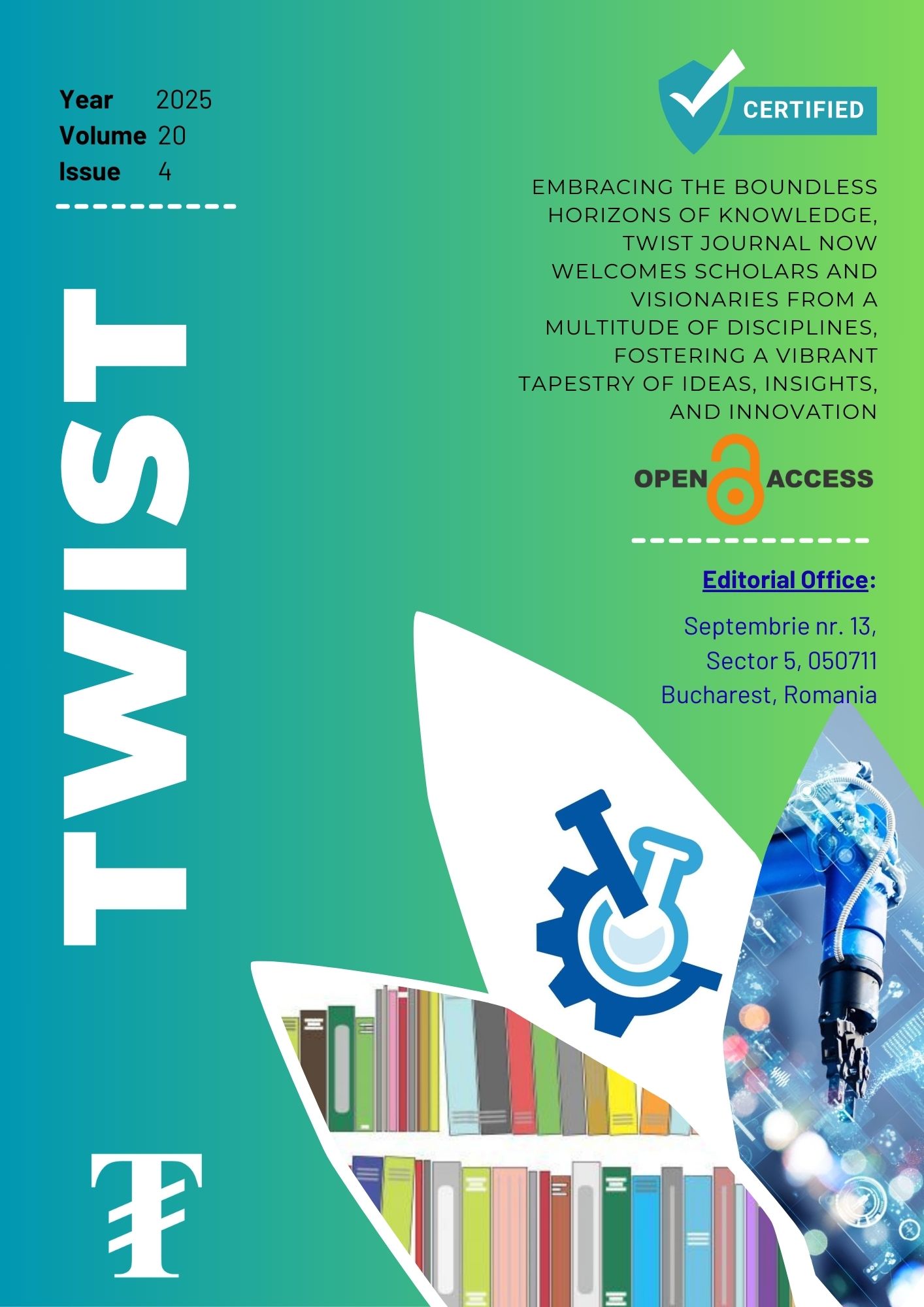Moderating Effects of Consumer Corporate Identification on the Determinants of Purchase Intention for Local Brand Automobiles in Nigeria
Keywords:
Automobile purchase intention, Consumer corporate identification, Innoson vehicle manufacturing, Local brands, NigeriaAbstract
The Nigerian government’s keenness to sacrifice local automobile manufacturing in exchange for rents from the international capital has heightened Nigerian consumers’ dependence on fairly used vehicles popularly known as tokunbo. These unpatriotic practices by successive governments have affected economic development and triggered changes in consumers’ product evaluation criteria by adopting mechanisms that reflect their values. Consequently, the Theory of Planned Behavior (TPB) and Social Identity Theory (SIT) were used to reinforce the moderating effects of consumer corporate identification (CCI) on the effects of attitudes, subjective norm, and perceived behavioral control (PBC) on purchase intention for local brand automobiles in Nigeria. About 382 usable questionnaires were collected from Innoson Vehicle Manufacturing Company’s potential consumers in the quantitative and cross-sectional study through a mall-intercept approach. The structural model explained a 60.3% variance in purchase intention. Consumer ethnocentrism (β =.58, p < .001) significantly influenced attitudes; attitudes (β =.71, p < .001) significantly predicted purchase intention for local brand automobiles more than PBC (β =.141, p < .007). Multiple group analyses revealed that CCI (low β =.21, p =.047; high β = .05, p = .426) significantly moderated only the effect of PBC on purchase intention for local brand automobiles manufactured in Nigeria. The integration of SIT enhanced the robustness of TPB in strengthening purchase intention. Companies must ensure that consumers trust their CCI to increase its benefits and further align the levels to perceived expectations.
Downloads
Downloads
Published
Issue
Section
License
Copyright (c) 2024 TWIST

This work is licensed under a Creative Commons Attribution-NonCommercial-ShareAlike 4.0 International License.






